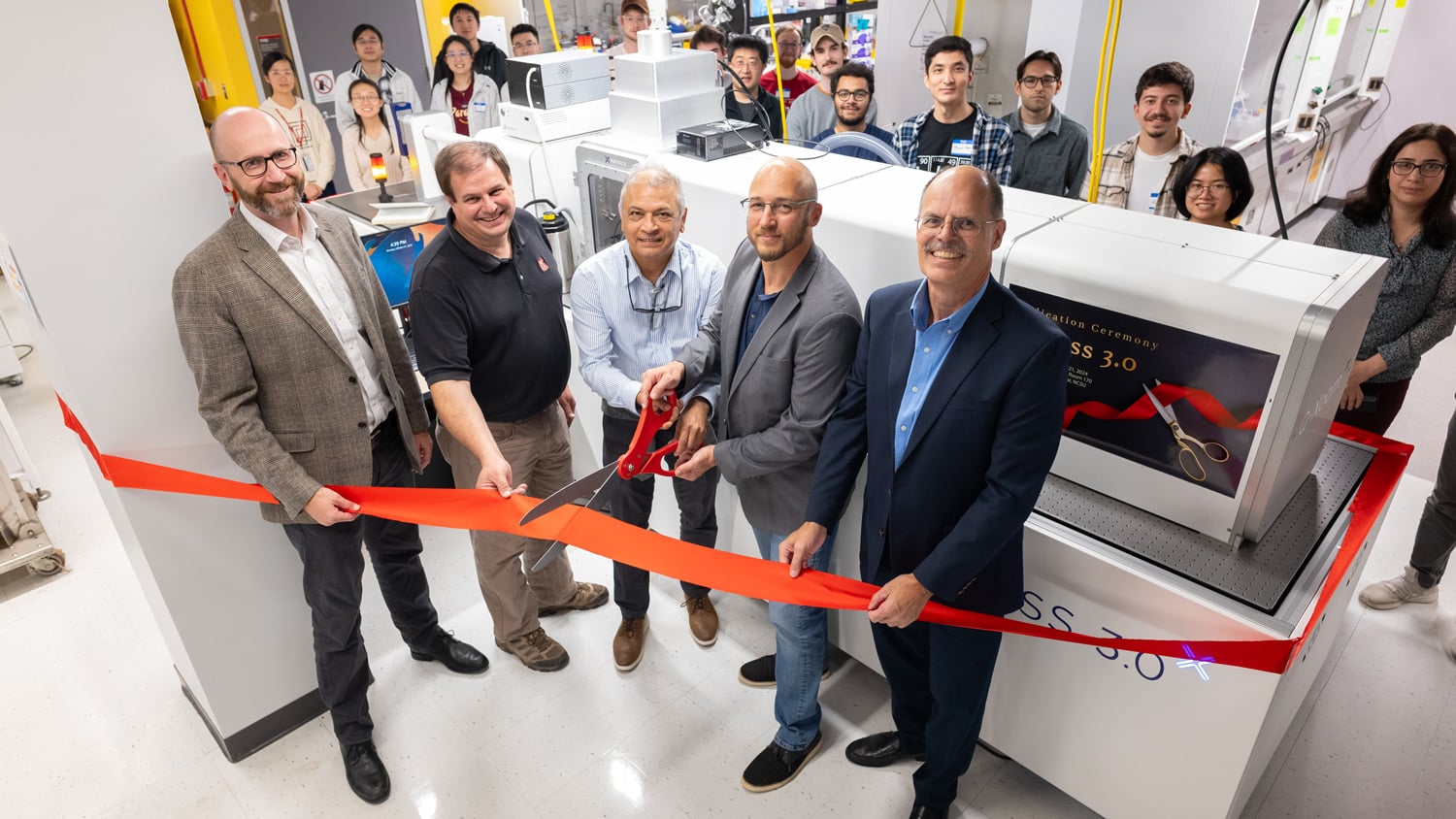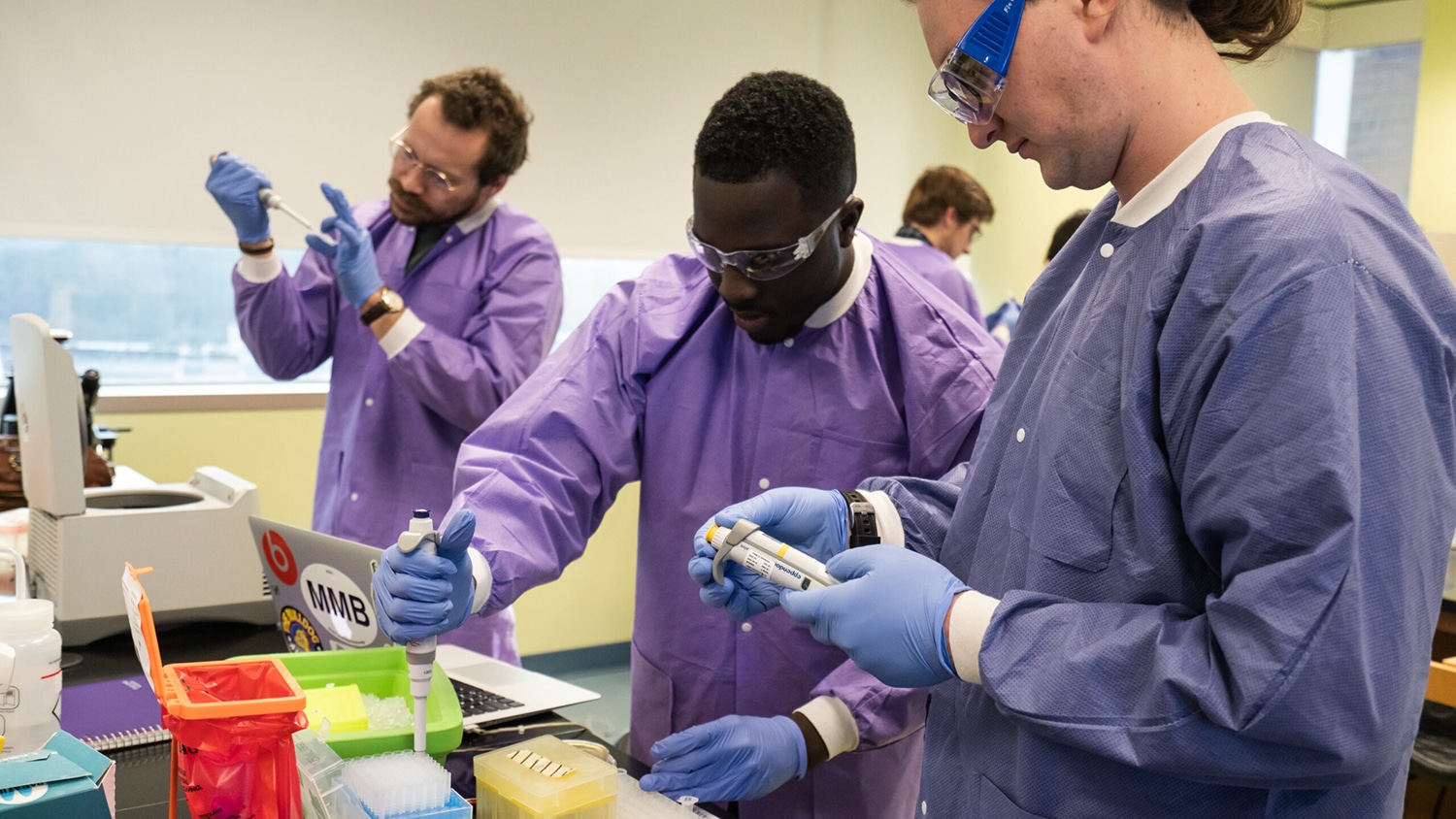Alexander “Lex” Kemper, an accomplished physicist who has been an NC State faculty member for nearly a decade, has been named associate dean for research for the College of Sciences, effective July 1. Kemper has held the position in an interim capacity since January.
As associate dean for research, Kemper will lead the College of Sciences Research Office, which promotes research activity across the college and helps faculty and staff in academic departments and research centers develop and maintain high-quality research programs. The office oversees external funding activities for the college and is responsible for maintaining compliance with the guidelines and policies consistent with university, state and federal requirements.

Kemper joined the faculty in NC State’s Department of Physics in 2015 and is currently an associate professor. His research interests include quantum computing, ultrafast many-body physics and photo-induced phase transitions. Since arriving at NC State, he has studied non-equilibrium physics of complex materials using ultrafast lasers, which perturb the material under study. He has developed a set of software tools that theoretically model the pump-probe process in a variety of systems, which has led to the first theoretical examinations of the pump-probe process and work that answers fundamental questions in non-equilibrium physics as well as materials physics. In recent years, he has been investigating how quantum computers can be used to find answers to problems in condensed matter physics. His lab is one of the heavy users of the IBM Quantum Innovation Center at NC State, harnessing the technology to potentially solve physics problems faster and more efficiently than is possible with a classical computer.
Kemper is a previous recipient of the National Sciences Foundation Faculty Early Career Development Award, known as the NSF CAREER Award. His work has also been funded by the Department of Energy and the Defense Advanced Research Projects Agency.
Kemper received his bachelor’s degrees in math and physics, as well as his Ph.D. in physics, from the University of Florida. He conducted postdoctoral research at Stanford University and the SLAC National Laboratory and also served as an Alvarez Fellow at Lawrence Berkeley National Laboratory.



